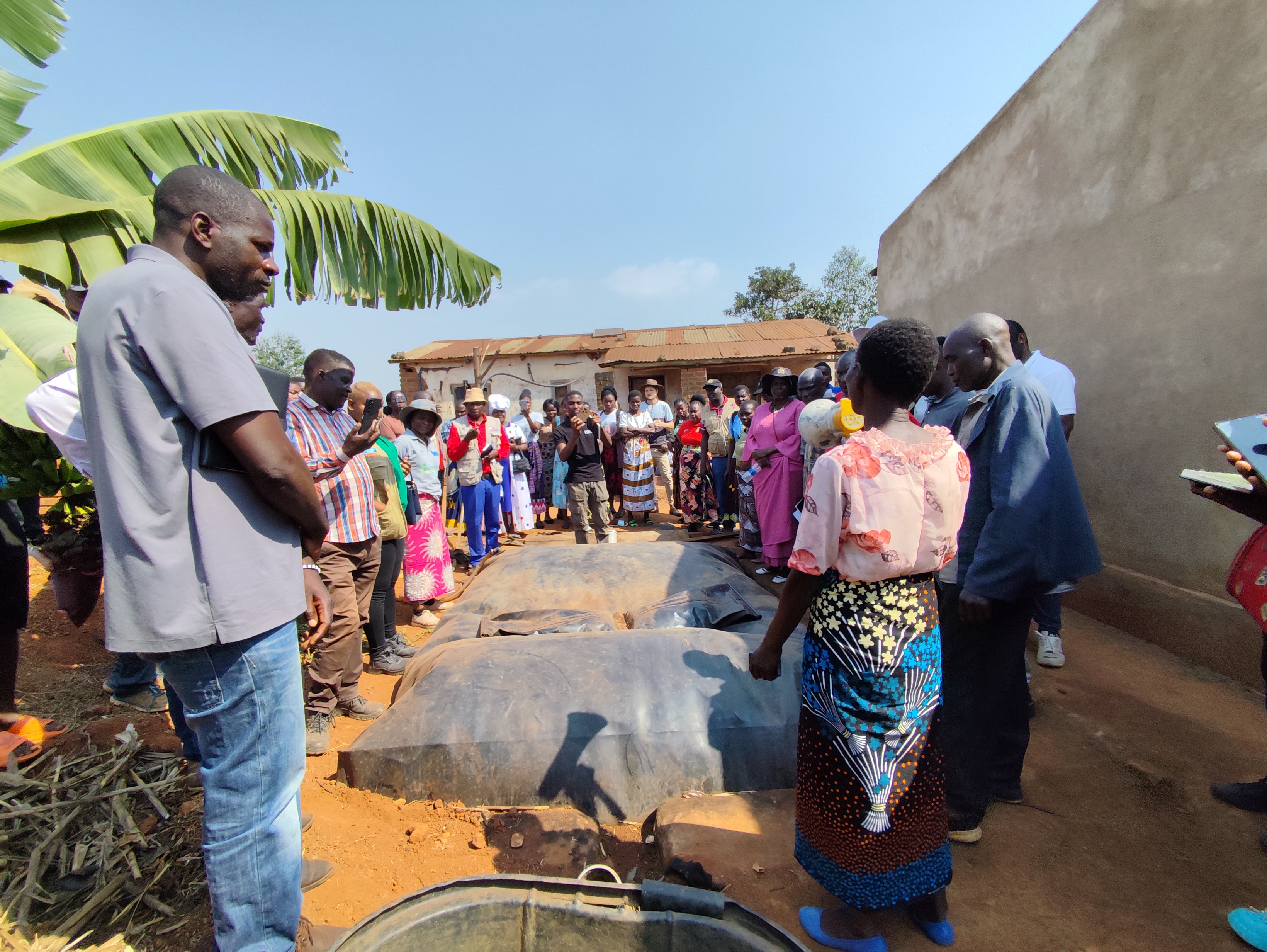The Participatory Ecology Land Use Management (PELUM) Malawi Chapter has taken a significant step towards initiating the process of consulting stakeholders on the National Agroecology Strategy (NAP) by engaging with officials from the District Agricultural Extension and Coordination Committee (DAECC) under the Blantyre ADD
The meeting, held at Chilembwe Lodge in Blantyre, brought together key stakeholders to discuss the process of developing and implementing frameworks with the aim of promoting Agroecology and shaping the country's food system for Malawi. Country Coordinator for PELUM, Nozgenji Bilima, led the engagement, emphasizing the importance of collaborative efforts to promote agroecology in the country.
The National Agroecology Strategy provides a structured framework for efforts resources, fostering collaboration among stakeholders and driving sustainable and regenerative agricultural practices across the nation, to enhance climate resilience, and improve food and nutrition security in Malawi. During the 2024 National Agroecology Conference, Director of Land Resource Conservation Department, Gertrude Kambauwa, highlighted the government's commitment to incorporating agroecology into the country's agricultural policies.
"We have reviewed our policy to incorporate all areas that were not there in the previous policy, and agroecology will be incorporated without any problems," Kambauwa stated.
The engagement with DAECC officials marks a crucial step towards translating into the action. PELUM Malawi Chapter seeks to work closely with the government and other partners to ensure that smallholder farmers, who are the backbone of Malawi's agriculture sector, benefit from the NAS.
By developing and implementing the National Agroecology Strategy Malawi aims to diversify its agricultural sector, promote climate-smart agriculture, and enhance the resilience of smallholder farmers to climate change. The strategy will also seek to address food insecurity and promote sustainable livelihoods.
The engagement between PELUM and DAECC Members signals a positive momentum towards promoting agroecology and sustainable agriculture practices in the country.

